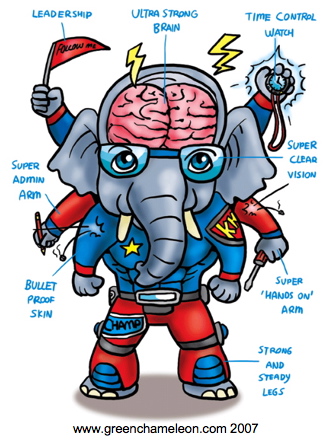Paul Dunay interviewed Ross Mayfield on wikis and published it as a podcast. You can’t download the audio file, but you can listen to it via a flash player.
I like this way of presentation, as it shows the cut marks of the recording and allows to skip forward and backward in the TOC:
Start podcast 00:00:00
Enterprise 2.0 defined 00:00:28
First Enterprise 2.0 deployment 00:02:07
How to Implement a Wiki 00:02:46
SAP’s Wiki implementaion 00:04:55
External marketing Wiki example 00:06:06
The Best Way to rollout a Wiki 00:08:13
How to build Adoption of your Wiki 00:11:55
What is the typical first project to start a Wiki? 00:14:59
How to get more info on Wikis 00:15:48
This interview touches also a lot of stuff that I layed out in my presentation here. No wonder I recommend both to anyone interested in social software for the enterprise …
